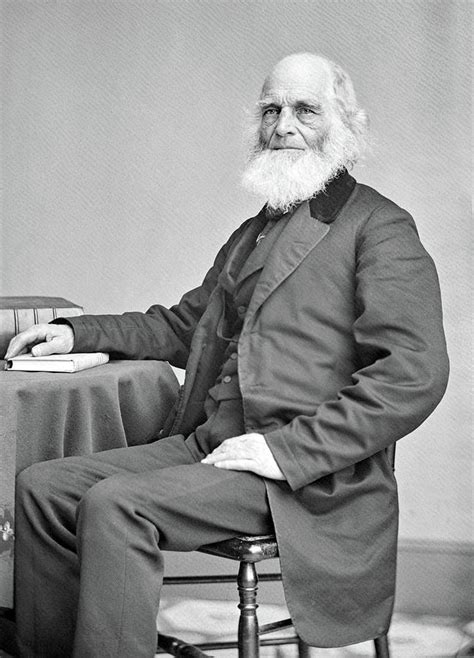A Quote by Khalil Gibran
He who passes not his days in the realm of dreams is the slave of the days.
Related Quotes
...Nameless, unknown to me as you were, I couldn't forget your voice!' 'For how long?' 'O - ever so long. Days and days.' 'Days and days! Only days and days? O, the heart of a man! Days and days!' 'But, my dear madam, I had not known you more than a day or two. It was not a full-blown love - it was the merest bud - red, fresh, vivid, but small. It was a colossal passion in embryo. It never returned.
Do not let us speak of darker days, let us speak rather of sterner days. These are not dark days: these are great days-the greatest days our country has ever lived; and we must all thank God that we have been allowed, each of us according to our stations, to play a part in making these days memorable in the history of our race.
The rule of no realm is mine. But all worthy things that are in peril as the world now stands, those are my care. And for my part, I shall not wholly fail in my task if anything that passes through this night can still grow fairer or bear fruit and flower again in days to come. For I too am a steward. Did you not know?
You might think, 'I've got time to follow my dreams.' You don't have time. Life is short. The current life expectancy is 24,869 days. While some of us will live more days and some fewer, either way you have only a precious number of days to live this life, and so you do not have time to put off your dreams. It is now or never. If you don't do it now, you will keep putting it off, and you'll never do it. The time is now!
So live, that when thy summons comes to join, The innumerable caravan which moves, To that mysterious realm where each shall take, His chamber in the silent halls of death, Thou go not, like the quarry-slave at night, Scourged by his dungeon, but, sustained and soothed, By an unfaltering trust, approach thy grave, Like one who wraps the drapery of his couch, About him, and lies down to pleasant dreams.






































